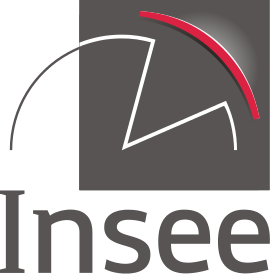Définition
The International Standard Classification for Education (ISCED) is a tool designed to generate statistics on education and training which are comparable across all countries. It was first devised by Unesco in the 1970s, and later revised in 1997 and in 2011.
In France, ISCED 2011 most aggregated levels correspond to the following levels:
- Level 0 : nursery
- Level 1 : primary education
- Level 2 : first cycle of secondary education (lower secondary education, DNB)
- Level 3 : second cycle of secondary education (CAP, Baccalauréat, …)
- Level 4 : post-secondary non-tertiary education (Basic legal qualification : capacité en droit, diploma giving access to university studies : DAEU,…)
- Level 5 : short-cycle tertiary education (BTS, …)
- Level 6 : bachelor's degrees (license, …)
- Level 7 : master's degrees
- Level 8 : doctoral degrees (not including medicine)
The revision of the ISCED classification on fields of education was adopted in 2013.



